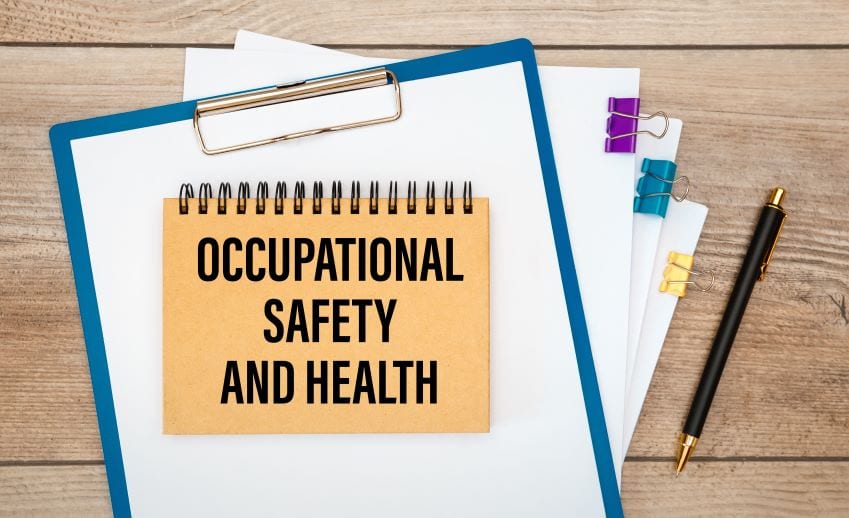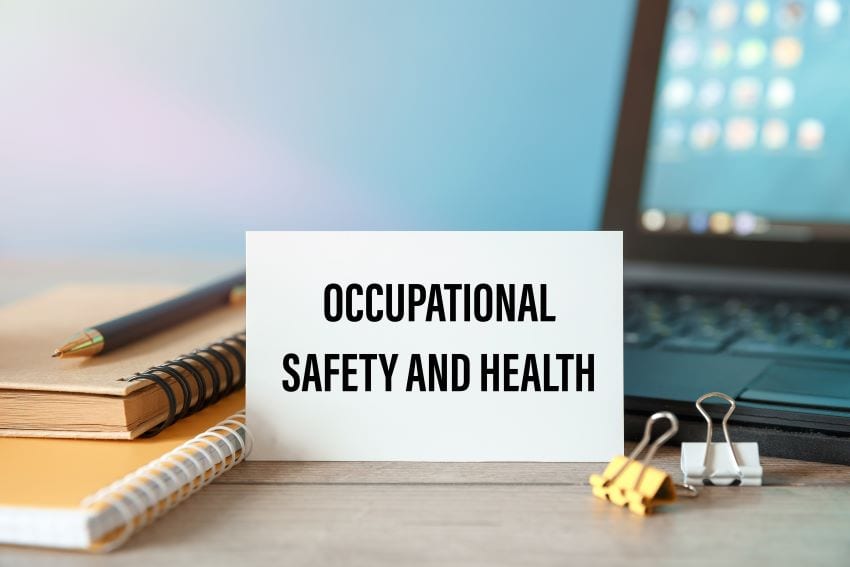
Organisations across Barbados have been told that participation and consultation are key to the effective functioning of their Safety and Health Committees. This message was conveyed last week by SOL’s Health Safety Environment and Operations Specialist for the Eastern Caribbean, Natasha Joseph, as she addressed a webinar on Practical Tips for Safety Committees, hosted jointly by the Labour Department and the National Advisory Committee on Occupational Safety and Health and attended by over 100 participants.
The online seminar was part of the activities to mark Occupational Safety and Health Week 2021 under the theme: “A Safe Workplace – Now more than Ever”.
Stressing that to do otherwise would see employers “carrying the weight of the entire world”, Ms. Joseph said: “On the other hand, if you get your team involved, that would really help to manage the load.”
While referring to Section 103 – Safety Consultations – of the Act, she noted that every employer must ensure their employees are consulted for the purpose of developing measures to promote safety and health in the workplace.
Maintaining this was not to be seen as just a ‘check-a-box exercise’, she added: “Implicit in that is when there is consultation with an employee, arrangements must be made to ensure the issues are addressed in a timely matter. So, the consultation is not just about getting information, but about doing something when you get that information.”
With respect to employee participation, this was deemed important for ensuring the development of improvement measures, and, like consultation, was perceived as critical to getting “buy in”.
“Consult them; talk with them; get their ideas and then it makes it so much easier to implement your initiatives,” Ms. Joseph advised.
She stressed a Safety Committee was imperative for organisations with 25 employees or more but for workplaces with less than 25 employees, there was an option to have safety delegates instead of a committee.

She also explained the need for joint representation on the committee, which meant having equal representation by management and by employees.
Ms. Joseph however advised that although the legislation spoke to quarterly meetings, meeting once a month was also “fantastic”, since committees, which only met once per quarter, may encounter challenges such as persons tending not to remember what they were tasked with “so long ago”.
“So, you need to be very, very realistic. In terms of the business operation, still staying in business is important, but [so too is] managing your risks and ensuring that you have adequate contact with persons so you can facilitate that communication/ consultation and the level of participation that is needed to effectively improve your safety systems,” the Health and Safety specialist recommended.
Just last month, Minister of Labour and Social Partnership Relations, Colin Jordan, in addressing the launch of the Pharma Wellness Programme in the Community, at the Ivan Harewood Centre in Christ Church, pointed out that organisations with no Safety and Health Committees in place were breaking the law.
Moreover, he noted organisations with under 25 workers were mandated by legislation to have Safety Delegates who were selected by the workers.
During the webinar, one participant called on the Labour Department to state the number of Safety and Health Committees in place and properly functioning on island.
In responding, Senior Safety and Health Officer, Alison Elcock, gave the assurance the department was working to bring about an improvement in the level of safety consultations taking place at all workplaces.
Acknowledging that their staff remained available to assist in the configuration of these committees, she pointed out that Safety Committees may at times lapse.

And she said: “When we go around doing an inspection we remind workplaces that they are to have some form of safety consultations, either through Safety Committees or Safety Delegates and that is how we address and encourage workplaces to see the benefits of having that safety consultation. So, it is something we continue to do and we’ve done in the past and it is one exercise that we will continue to do.”
Mrs. Elcock also took the opportunity to encourage participants to see the session as an opportunity to take back lessons learnt to their workplaces.
This was particularly directed to those who, at the outset of the webinar, had indicated in a poll that there was no Safety Committee at their workplace or where one existed, they were not members.
Emphasising this was one way to aid the process, she revealed it was a key goal of the session, where the department envisaged everyone would be “the champion” for Safety Committees in their organisation.
“Safety committees functioning is an ongoing thing; so, it is something that has to be sustained and it can only be sustained at the level of the organisation through the commitment of the management and the employee. So, we at the Labour Department will continue to encourage,” the senior official stressed.
